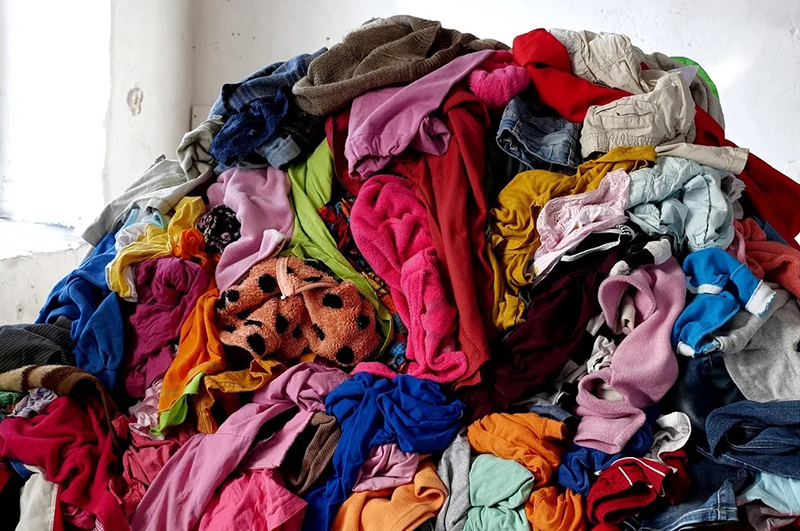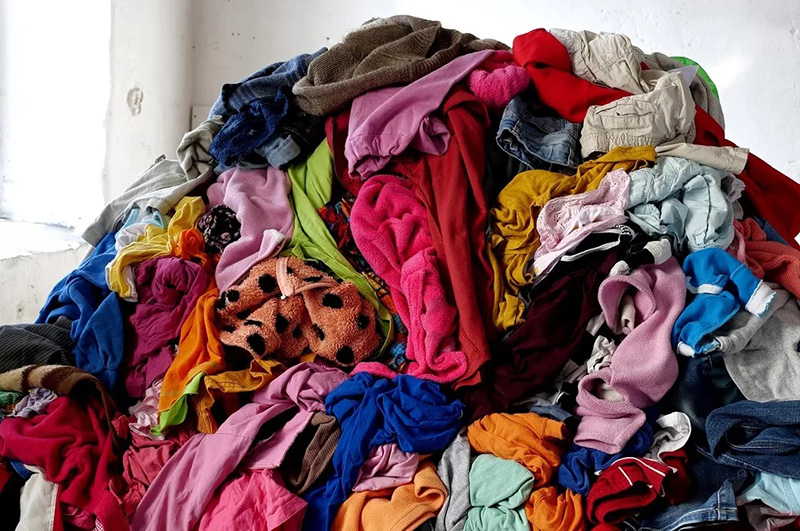
Source: www.fibre2fashion.com
The European Parliament on Tuesday gave its final approval to new measures to prevent and reduce waste from food and textiles across the European Union. Textile producers will be required to cover the costs of collection, sorting, and recycling through new Extended Producer Responsibility (EPR) schemes, which must be established by each member state within 30 months of the directive’s entry into force.
These provisions will apply to all producers, including those using e-commerce platforms, regardless of whether they are based within the European Union (EU) or outside it. Micro-enterprises will have an additional year to comply with the EPR requirements.
The new rules will cover products such as clothing, accessories, hats, footwear, blankets, bed and kitchen linen, and curtains. At Parliament’s initiative, EU countries may also introduce EPR schemes for mattress producers. Member States are also required to address ultra-fast and fast fashion practices when determining financial contributions to the EPR schemes. According to second-reading procedures, the President announced in plenary that the proposed act was deemed adopted, as its position had already been agreed by the Council earlier this summer.
With this legislation, the EU signals the end of the era of disposable clothing, laying the foundation for a more sustainable fashion economy. However, it will also place a burden on the textile and apparel industries of developing countries such as Bangladesh, Vietnam, China, and India. The global textile sector is already facing volatility from US tariffs, and the EU’s new law represents another disruption. It is expected to increase pressure on garment and textile exporters as retailers, brands, and e-commerce companies dominate the market and pass on financial burdens to suppliers. Millions of people in Asian countries depend on the textile and garment industry for their livelihoods, making these changes particularly significant.
The EU is the world’s largest importer of textiles, with much of its fast fashion sourced from these nations. The new rules are set to ripple across global supply chains, pushing exporters to adopt circular design standards and strengthen traceability systems.
